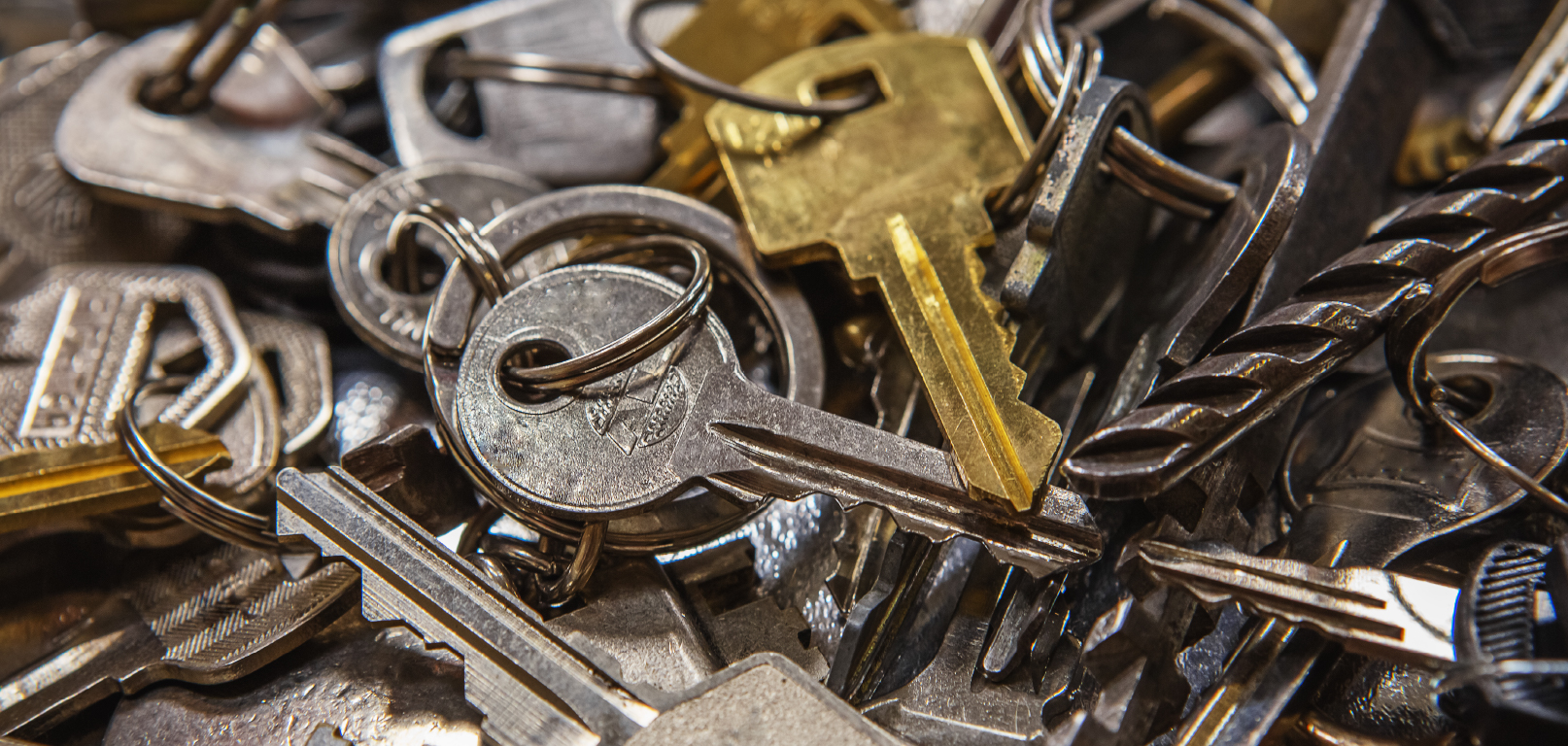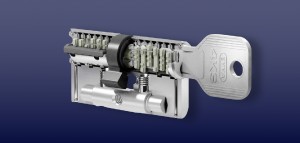
Restricted Keys vs Standard Keys: Which Is A Better Security Option?
When it comes to enhancing the security of your home or business, choosing the right key system for the property is crucial. There is no single option, and the dilemma often comes down to restricted keys or standard keys. While both options have their merits, understanding their differences is key to making an informed choice.
To help you make the right decision for your property, we’ve examined the pros and cons of each option, making sure you’re equipped with all the information you need. Let’s unlock the secrets behind these systems and help you determine which one is best suited to protect your assets.
What Is A Restricted Key?
A restricted key is at the forefront of advanced security solutions. Unlike standard keys, restricted keys are part of a security system designed to offer heightened control and protection. These keys are made with unique designs and are patent-protected, meaning their duplication is strictly controlled and can only be carried out by authorised locksmiths. This exclusivity is a cornerstone of their security feature.
The primary difference between restricted keys and standard keys lies in their design and functionality. While standard keys can be easily duplicated at various outlets, the replication of a restricted key requires specific authorisation, usually from the key system’s owner or a certified locksmith. This significantly reduces the risk of unauthorised duplication, making restricted key systems a more secure option compared to their standard counterparts.
Nevertheless, both the modern and traditional options have their merits and drawbacks to consider.
What Are The Benefits of Standard Keys?
Standard keys are a common fixture in everyday life, and they bring a blend of accessibility, convenience, and cost-effectiveness to the table. Their simplicity is their strength, providing ease of access that is unmatched. Whether it’s a home, office, or any other lockable space, standard keys are the go-to choice for quick and effortless entry.
One of the most notable benefits of standard keys is their ease of duplication. Losing a key isn’t a significant crisis when a copy can be easily and quickly made at numerous locations, from hardware stores to local locksmiths. This accessibility ensures that being locked out or needing extra keys for family members or colleagues is rarely a problem.
From a financial perspective, standard keys are generally more affordable than restricted keys. Their cost-effectiveness makes them an attractive option, especially for those who need to secure multiple locks without straining their budget.
The widespread use of standard keys across various settings is a testament to their practicality. They are a familiar and trusted solution in everyday security. While they may not offer the high security of restricted key systems, their ubiquity and ease make them an enduring choice for many.
What Are The Benefits of Restricted Keys?
Restricted keys are known for their role in enhancing protection and control. Crucial to their quality is the controlled duplication process. Unlike standard keys, restricted keys are designed in a way that duplication requires explicit authorisation, usually from the system’s owner or a designated locksmith. This controlled process significantly reduces the risk of unauthorised copies, thereby elevating the security of your premises.
The ability to monitor and restrict key duplication is a key benefit. It ensures that only authorised individuals have access to your property, making restricted key systems particularly ideal for commercial environments or residential properties where security is paramount.
Restricted key systems also offer great durability and a robust design. Often crafted by experienced locksmiths from high-quality materials, these keys are designed to withstand wear and tear, making them a long-lasting security solution. Their resilience to physical damage not only enhances security but also offers a sense of reliability and peace of mind.
Incorporating a restricted key system is a proactive step towards bolstering security. Its controlled access, durable design, and longevity make it a preferred choice for those seeking a higher level of protection and control over their property’s security.
What Are The Limitations of Standard Keys?
While standard keys are convenient and widely used, they come with certain limitations, particularly in terms of security and durability. One of the primary drawbacks is their vulnerability to duplication. The ease with which standard keys can be copied at almost any local key-cutting service presents a significant security risk. Unauthorised duplication can lead to increased chances of break-ins, as controlling who has access to these keys is challenging.
This leads to the second limitation: limited control over key distribution. Once a standard key is copied, tracking its circulation becomes nearly impossible. In settings where security is a priority, this lack of control can be a major concern, especially for businesses, as there’s no way to ensure that only authorised individuals have access to the key.
Furthermore, standard keys are susceptible to wear and tear. Over time, frequent use can lead to the keys wearing down, becoming less effective, or even breaking. This not only poses a security risk but also necessitates regular replacements, which can be inconvenient and potentially costly over time.
These limitations highlight why standard keys, despite their accessibility and simplicity, might not be the best choice for those seeking a more secure and controlled key management system.
What Are The Limitations of Restricted Keys?
While restricted keys offer enhanced security, they come with certain limitations that are important to consider. One of the primary drawbacks is the cost implications. Acquiring and duplicating restricted keys is generally more expensive than standard keys due to their specialised design and the controlled duplication process, and this can make their installation more difficult for individuals or organisations operating on a tight budget.
Another limitation is the availability of services for restricted keys, because not all locksmiths are authorised or equipped to duplicate or replace these specialised keys. Finding a locksmith who can service your restricted key system might require more effort and potentially longer wait times, compared to the widespread availability of standard key duplication services.
Despite these limitations, restricted keys remain a popular choice for those prioritising security. However, understanding these constraints is crucial in deciding whether a restricted key system is the right fit for your security needs.
Install A Quality System Today
In choosing between standard and restricted keys, it’s crucial to weigh their benefits and limitations against your specific security needs. While standard keys offer convenience, restricted keys excel in security and control. Understanding these differences is key to making an informed decision. Don’t hesitate to reach out to a reputable locksmith who can provide valuable insights and assistance in installing the system that best suits your requirements, ensuring optimal security and peace of mind for your property.






